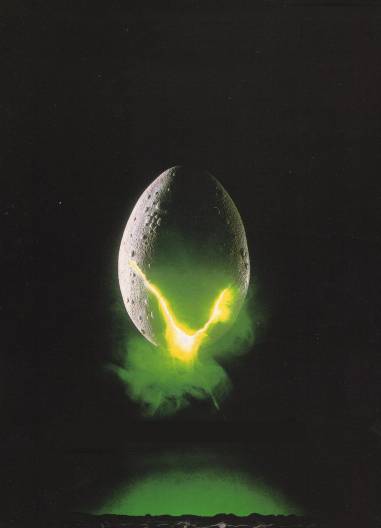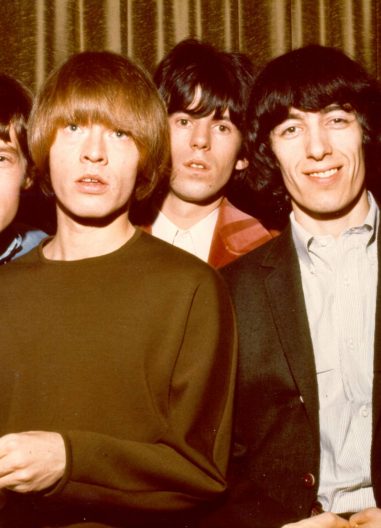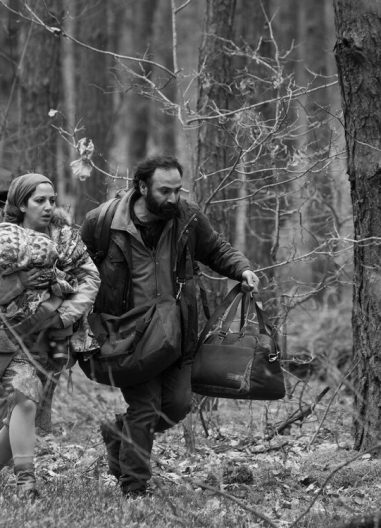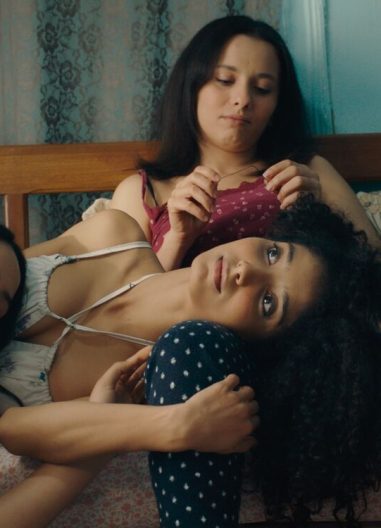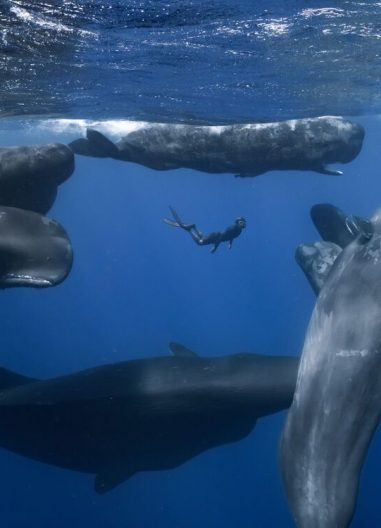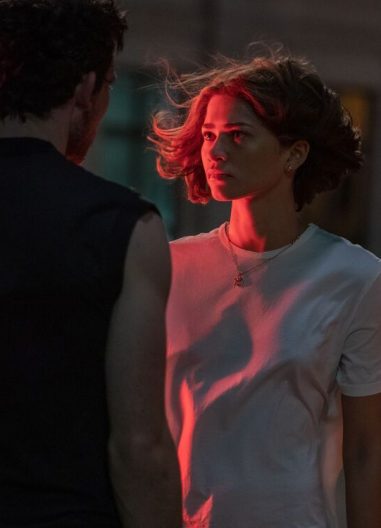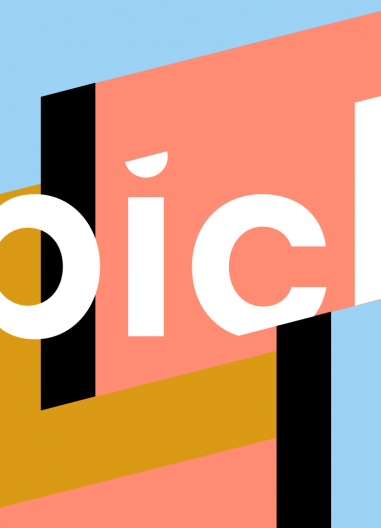In a Whisper
Jeugdvriendinnen Patricia en Heidi groeiden op in Cuba, waar ze allebei studeerden aan de filmacademie. Als kinderen van de jaren zeventig zijn ze opgevoed met de communistische idealen van Che Guevara, maar de beloofde rooskleurige toekomst blijft uit. Afzonderlijk van elkaar ontvluchten ze hun vaderland, weg van de malaise en censuur. Heidi belandt in Zwitserland, Patricia in Spanje. Het contact is jarenlang verbroken.
Wanneer ze, veertig jaar oud inmiddels, voorzichtig opnieuw toenadering zoeken, gebeurt dat op de manier die hun het beste past: via videobrieven. Allebei zijn ze hun leven blijven filmen, ook als het erop leek dat ze nooit meer in de filmwereld zouden werken. Alle omwegen in het bestaan van de twee migranten komen in de openhartige audiovisuele communicatie aan bod. Patricia’s jaren als mojitoverkoper, Heidi’s zoektocht naar werk en aansluiting in Genève, de worsteling met vervreemding en nostalgie naar een land dat niet langer bestaat.
Het resultaat van de brieven, razend knap gemonteerd tot een chronologisch maar toch freewheelend geheel, is een gevoelig, tweekoppig verslag van ontworteling, moederschap, filmliefde, vriendschap en vrijheid.
Childhood friends Patricia and Heidi grew up in Cuba, where they both went to the film academy. As children of the 1970s, they were brought up with the communist ideals of Che Guevara, but the promised bright future failed to materialize. Independently of each other, they fled the malaise and censorship of their homeland. Heidi ended up in Switzerland, Patricia in Spain. They had no contact for years.
Now both 40, they seek a way to approach each other again, choosing the medium that suits them best: video letters. Both have continued to film their lives, even though it seemed unlikely that they would ever work in film again. In their frank audiovisual communication, the two migrants recount all the roundabout routes they have taken in their lives: Patricia’s years selling mojitos, Heidi’s search for work and connection with society in Geneva, and the struggle with alienation and nostalgia for a country that no longer exists.
The result of the letters, ingeniously edited into a chronological yet freewheeling whole, is a sensitive, two-sided account of uprootedness, motherhood, love of film, friendship and freedom.
Kies tijdstip
- filmspecial
Jeugdvriendinnen Patricia en Heidi groeiden op in Cuba, waar ze allebei studeerden aan de filmacademie. Als kinderen van de jaren zeventig zijn ze opgevoed met de communistische idealen van Che Guevara, maar de beloofde rooskleurige toekomst blijft uit. Afzonderlijk van elkaar ontvluchten ze hun vaderland, weg van de malaise en censuur. Heidi belandt in Zwitserland, Patricia in Spanje. Het contact is jarenlang verbroken.
Wanneer ze, veertig jaar oud inmiddels, voorzichtig opnieuw toenadering zoeken, gebeurt dat op de manier die hun het beste past: via videobrieven. Allebei zijn ze hun leven blijven filmen, ook als het erop leek dat ze nooit meer in de filmwereld zouden werken. Alle omwegen in het bestaan van de twee migranten komen in de openhartige audiovisuele communicatie aan bod. Patricia’s jaren als mojitoverkoper, Heidi’s zoektocht naar werk en aansluiting in Genève, de worsteling met vervreemding en nostalgie naar een land dat niet langer bestaat.
Het resultaat van de brieven, razend knap gemonteerd tot een chronologisch maar toch freewheelend geheel, is een gevoelig, tweekoppig verslag van ontworteling, moederschap, filmliefde, vriendschap en vrijheid.
Childhood friends Patricia and Heidi grew up in Cuba, where they both went to the film academy. As children of the 1970s, they were brought up with the communist ideals of Che Guevara, but the promised bright future failed to materialize. Independently of each other, they fled the malaise and censorship of their homeland. Heidi ended up in Switzerland, Patricia in Spain. They had no contact for years.
Now both 40, they seek a way to approach each other again, choosing the medium that suits them best: video letters. Both have continued to film their lives, even though it seemed unlikely that they would ever work in film again. In their frank audiovisual communication, the two migrants recount all the roundabout routes they have taken in their lives: Patricia’s years selling mojitos, Heidi’s search for work and connection with society in Geneva, and the struggle with alienation and nostalgia for a country that no longer exists.
The result of the letters, ingeniously edited into a chronological yet freewheeling whole, is a sensitive, two-sided account of uprootedness, motherhood, love of film, friendship and freedom.


